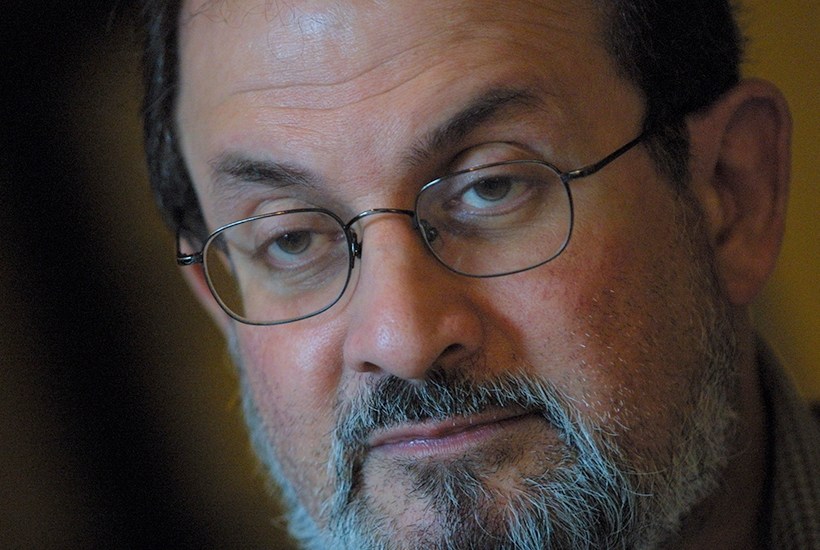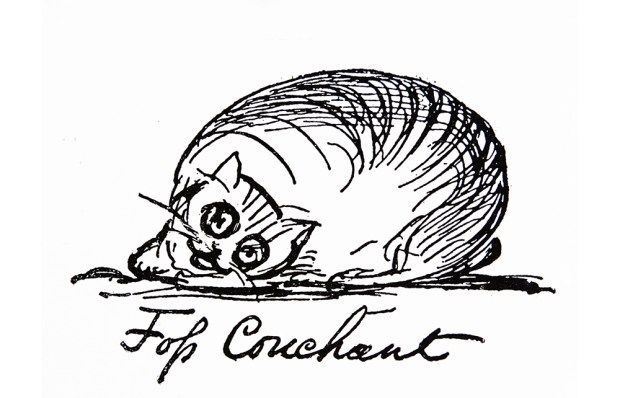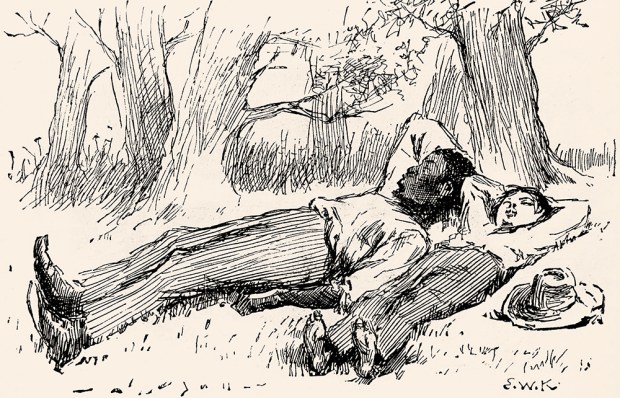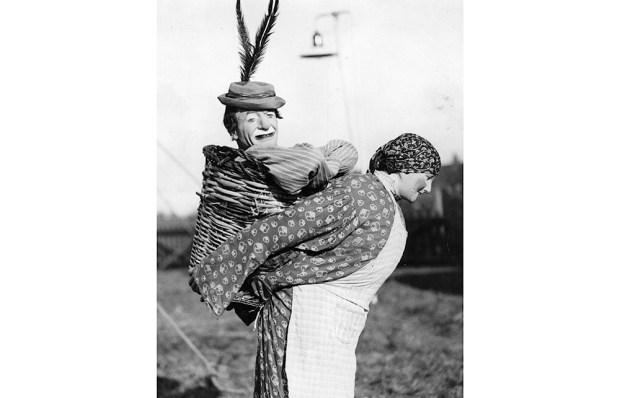I have the habit, when reading a collection of essays, of not reading them in order. I’m pretty sure I’m not alone in this. So, as it happened, I had read nearly all of Languages of Truth before I arrived at the second piece in the book, ‘Proteus’, and came across the Salman Rushdie I had been looking forward to: the worst Rushdie, the infuriating, humble-bragging, know-all, preposterous and tone-deaf Rushdie. Up until then I had been going through the book, pencilling marginal notes which were saying, essentially, ‘oh, this is rather good’, ‘excellent point’, or ‘very well put’. It was all getting a bit too chummy between Salman and me. So here is the passage I seized on with glee:
(I myself have a brass door knocker in the shape of a bust of Shakespeare on my study door, so that every day when I go in to work, I can knock on my door and tell myself to come in and know that I’m entering not my domain but his, whom no door can limit or contain, who leaps off the door knocker and takes possession of the room behind the door, ruling it as he rules all the rooms in literature’s poor, rich house.)
(I think the fact that this is in brackets is significant. It’s the ‘humble’ part of thehumblebrag.) Of course, in the magical- realist tradition with which Rushdie the novelist is deeply associated, one should not necessarily take the words on the page at face value. I mean, Shakespeare doesn’t really leap off the door. But does Rushdie really knock every time he goes to work? It is quite horribly plausible.
It is important, though, to pay homage to Shakespeare, or to say that one does (this, like ten other pieces in this book, was actually a speech delivered to university students, which is why you will occasionally come across little speed-bumps in the text such as ‘the great French novelist, Flaubert’). But I have to say that I prefer his friend Martin Amis’s line on Shakespeare — that he finds it bitterly hilarious that the greatest writer ever to have lived was a playwright: ‘I scream with laughter about it all the time. This is one of God’s best jokes.’
That said, I do concede that most of the book is very much worth anyone’s time. For a start, Rushdie has to make a case for himself, and he can’t (except for the odd hiccup above) go off into the realm of fantasy, in a way which has so often left me sighing and putting his novels down and not picking them up again. Here he can make the case for magical realism (forgive the loose umbrella term), and he does it very well, but he can’t actually indulge in it here.
The other aspect to Rushdie, his self-importance, is, it ought to be stressed, entirely forgivable. When one of the world’s most toxically influential religious leaders puts a price on your head and you have to go into hiding as a result, it is reasonable to think the world revolves around you, and it is a credit to Rushdie’s strength of character and mind that he has not actually gone nuts. When he talks about the malign power of censorship and where it can lead, his is the voice you really need to be attending to. (‘If creative artists worry if they will still be free tomorrow, then they will not be free today.’)
There are quite a few times when we are quietly alerted to the bravery shown not just by Rushdie but by others who stepped up to help him when the Ayatollah issued his fatwa, and various panjandrums uttered weaselly formulations which more or less said he had it coming: ‘I have often been asked if Christopher [Hitchens] defended me because he was my close friend. The truth is that he became my close friend because he wanted to defend me.’
I have seen people complaining that Rushdie can be a bit gossipy — that there’s too much about his encounters with various famous people — but this would be forgivable even if there hadn’t been an unnerving stretch of time when he was barely able to meet anyone. And his anecdotes are by no means self-serving: look at his terrifying stories about meeting Harold Pinter. (‘Out of the corner of my eye I saw Harold beginning to melt down’ etc.) He has enough chops as a reader, as well as a writer, to get away with this kind of thing.
There is no index, which I always think is, in a book of literary criticism, a bit of an insult to the general reader, never mind the critic.
Got something to add? Join the discussion and comment below.
Get 10 issues for just $10
Subscribe to The Spectator Australia today for the next 10 magazine issues, plus full online access, for just $10.
You might disagree with half of it, but you’ll enjoy reading all of it. Try your first month for free, then just $2 a week for the remainder of your first year.














Comments
Don't miss out
Join the conversation with other Spectator Australia readers. Subscribe to leave a comment.
SUBSCRIBEAlready a subscriber? Log in